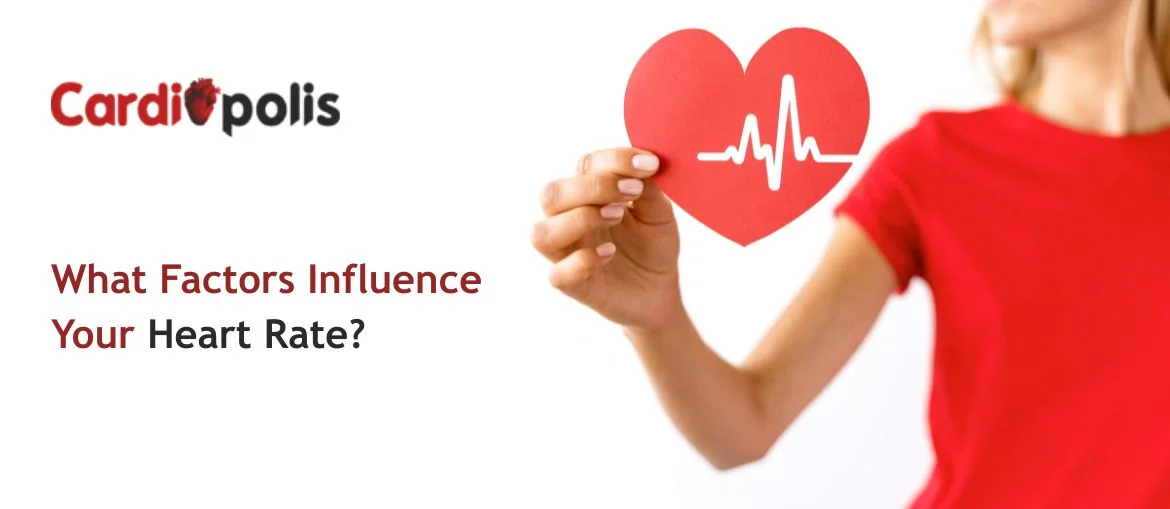The number of times your heart beats in a minute is your heart rate. This is one of the signs to see how your heart is functioning. Talking about the normal heart rate for human beings ranges from 60 to 100 beats per minute. Your heart rate keeps on changing due to many factors, such as physical activity and other health conditions. There are times when your heart rate increases and decreases, and this happens because of many factors. Also, it’s very important to keep your heart rate at a healthy range.
1. Physical Activity
Staying physically active has a direct impact on your heart rate. When you move, your muscles need more oxygen, and this is why your heart pumps faster, which increases your heart rate. Walking, jogging, lifting weights, etc, all increase the work of your heart. After you are done with your physical activity, your heart rate returns to normal. If your heart rate is low and high during physical activity, then it is a sign that something is wrong with your health. When you work out regularly, it has a positive impact on your heart health. Also, it is recommended that you track your heart health on a regular basis.
2. Medications
There are certain substances and medications that can increase or decrease your heart rate. When you consume more caffeine and other cold substances, it increases your heart rate. In addition to that, certain medications are designed in such a way that they lower heart health. Consumption of alcohol or nicotine also has an effect on heart health. It is important to read labels and instructions before consuming anything. If you already have heart-related problems, then you need to be more careful before you take in anything like this.
3. Stress And Emotions
Emotions like anger, excitement, and fear have the power to increase your heart rate. Stress releases hormones like adrenaline that cause the heart to beat faster. There is a ‘flight or fight’ hormone, which is normal, but if it’s frequent, it can be harmful. If you have chronic stress, then it has a direct impact on your heart health. This is why it’s important that you know how to manage your emotions so that your heart stays healthy and functioning. Balancing emotional health is a vital part of taking good care of your health.
4. Sleep And Rest
Your heart rate usually lowers down when you rest and sleep. This is because your body does not require oxygen and needs less energy during this time. When you have a low heart rate at rest, then this is a sign of good cardiovascular health. When you have a poor sleep routine, then it can lead to heart-related issues. You can also have a fitness device with you that can help you keep track of your heart health. It’s important that you follow a regular sleep routine, along with avoiding screen time before sleep.
5. Medical Issues
If you suffer from various health issues, then it can have an effect on heart rate. Fever, heart diseases, and thyroid problems all affect the heart rate. Dehydration and overactive thyroid will raise your heart rate. Age is another factor that has an effect on heart health. When you age, your heart rate becomes quite low. It is important that you keep on monitoring your heart health so that you can recognize whenever something is wrong with your heart easily. When you are alert about the issues, you make the right choice.
So, if you want to take care of your body, it’s important that you take notice of your heart rate and follow proper measures to keep it in the right condition.

Comments are closed